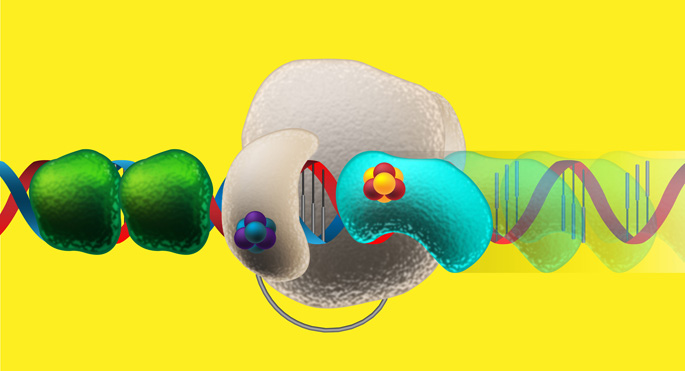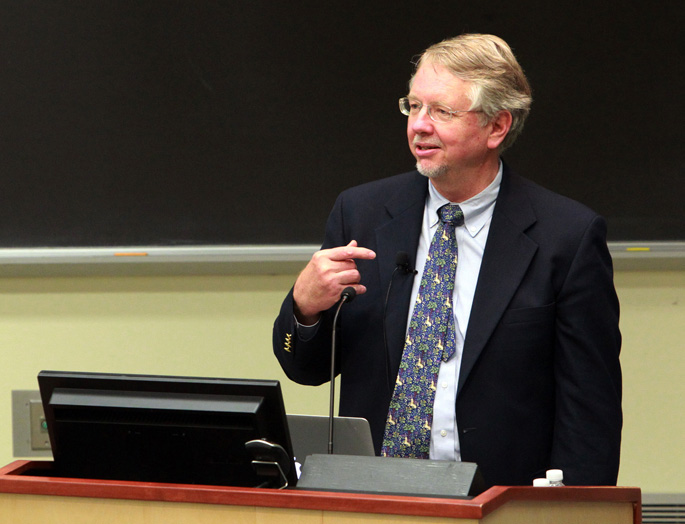Cell Signaling
-

New insights into kidney development
Integrin-linked kinase, a central component of a complex that coordinates cell signaling involved in migration, proliferation and cell death, plays a role in kidney development and epithelial cell function. Read MoreApr 15, 2021
-

A dual-purpose metabolic switch
John York and colleagues have demonstrated that the protein Vip1 is a rare type of bifunctional enzyme: it can both synthesize and destroy key cellular signaling molecules. Read MoreMay 5, 2020
-

Team identifies ‘switch’ involved in DNA replication
DNA replication is an extraordinarily complex multi-step process that makes copies of the body’s genetic blueprint. It is necessary for growth and essential to life. Now researchers at the California Institute of Technology (Caltech) and Vanderbilt University have found evidence that one of those steps may involve the telephone-like transmission of electrical signals regulated by a chemical “switch.” Read MoreFeb 23, 2017
-

DISSECTing cell signaling networks
Vanderbilt researchers have developed a new method to study cell signaling networks at single-cell resolution. Read MoreDec 14, 2015
-

Framework for studying cell responses
Vanderbilt investigators have developed a framework for studying cellular responses that could be used to identify the agents driving a range of biological processes in health and disease. Read MoreAug 26, 2015
-

New signaling pathway provides clues to obesity
A Vanderbilt University-led research team has discovered a molecular “rheostat” in the brain’s appetite control center that may provide new insights into obesity, which is at epidemic levels in this country. Read MoreJan 22, 2015
-

Photo: Discovery Lecture
David Clapham, M.D., Ph.D., of Boston Children’s Hospital and Harvard Medical School, discusses his research on ion channels and cell signaling at his recent Flexner Discovery Lecture. Read MoreApr 10, 2014